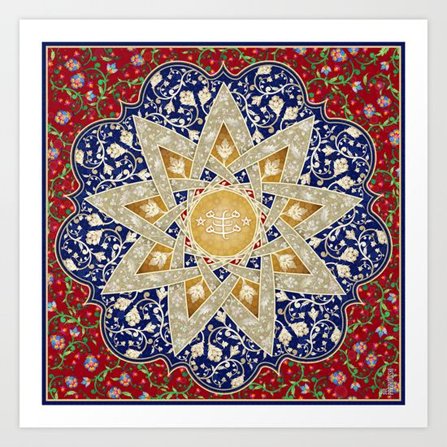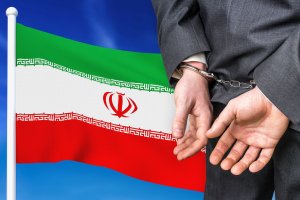Prisoners of conscience of Iran’s banned Baháʼí faith, recently furloughed to alleviate overcrowding in the nation’s unsanitary jails facing COVID-19 outbreaks, are being summoned back behind bars.

At the same time, other members of the minority community continue to be arbitrarily arrested and sentenced to long prison terms, according to human rights monitors.
Last month, a Revolutionary Court in Shiraz, a historic city in Iran’s cultural heartland, sentenced seven members of the Baháʼí faith to a combined 33 years in prison, Iran Human Rights Monitor reports. The May 10 sentence, reminiscent of a 20-year sentence each handed down to seven other Baha’is in 2007 (later reduced to 10 years), followed charges of “propaganda against the regime and membership in anti-regime groups,” according to the report. The seven Baha’is were arrested in September 2018 and subsequently released on bail until their trial. This only offense was practicing their religion.
“The Baha’i International Community is appalled by the sentences handed to these innocent individuals who are guilty of nothing other than selflessly serving their communities.”
In other instances of persecution, two Iranian Baháʼí women, Soheila Haghighat and Shahnaz Sabet, were sentenced to a total of 12 years in prison on charges of “spreading propaganda against the state and membership of anti-government groups.”
“The Baha’i International Community is appalled by the sentences handed to these innocent individuals who are guilty of nothing other than selflessly serving their communities,” said Diane Ala’i, a spokeswoman and representative to the United Nations in Geneva for the Baha’i International Community, a nonprofit organization devoted to protecting the rights of the religious group around the world.
Warning of heightened persecution against Baháʼís in Iran, Ala’i also condemned the Iranian regime’s recent decision to summon back to prison the two Baha’is who had earlier been furloughed.
“These individuals are not criminals and they do not belong in prison,” Ala’i stated in a May 19 Twitter message. “During this global pandemic, when prisons are hotbeds of infection, returning these Baháʼís to prison is akin to handing down a death sentence.”
Iran’s Islamic regime has been under international pressure to release Iranian prisoners of conscience in light of the pandemic instead of adding further layers of economic and health-related insecurity to the minority community’s unremitting religious persecution.
The Iranian regime has labeled the Baháʼís as heretics and deprives them of religious and other liberties, which violates Article 18 of the Universal Declaration of Human Rights. Although Iran is unofficially estimated to have more than 300,000 Baháʼís, according to Iran Press Watch, the country’s constitution recognizes no faith other than Islam, Christianity, Judaism and Zoroastrianism. “And this reason has given the Iranian authorities an excuse to systematically violate the rights of Baháʼí citizens over the years,” says the news agency.
_______________
From its beginnings, the Church of Scientology has recognized that freedom of religion is a fundamental human right. In a world where conflicts are often traceable to intolerance of others’ religious beliefs and practices, the Church has, for more than 50 years, made the preservation of religious liberty an overriding concern.
The Church publishes this blog to help create a better understanding of the freedom of religion and belief and provide news on religious freedom and issues affecting this freedom around the world.
For more information visit the Scientology website or Scientology Network.


